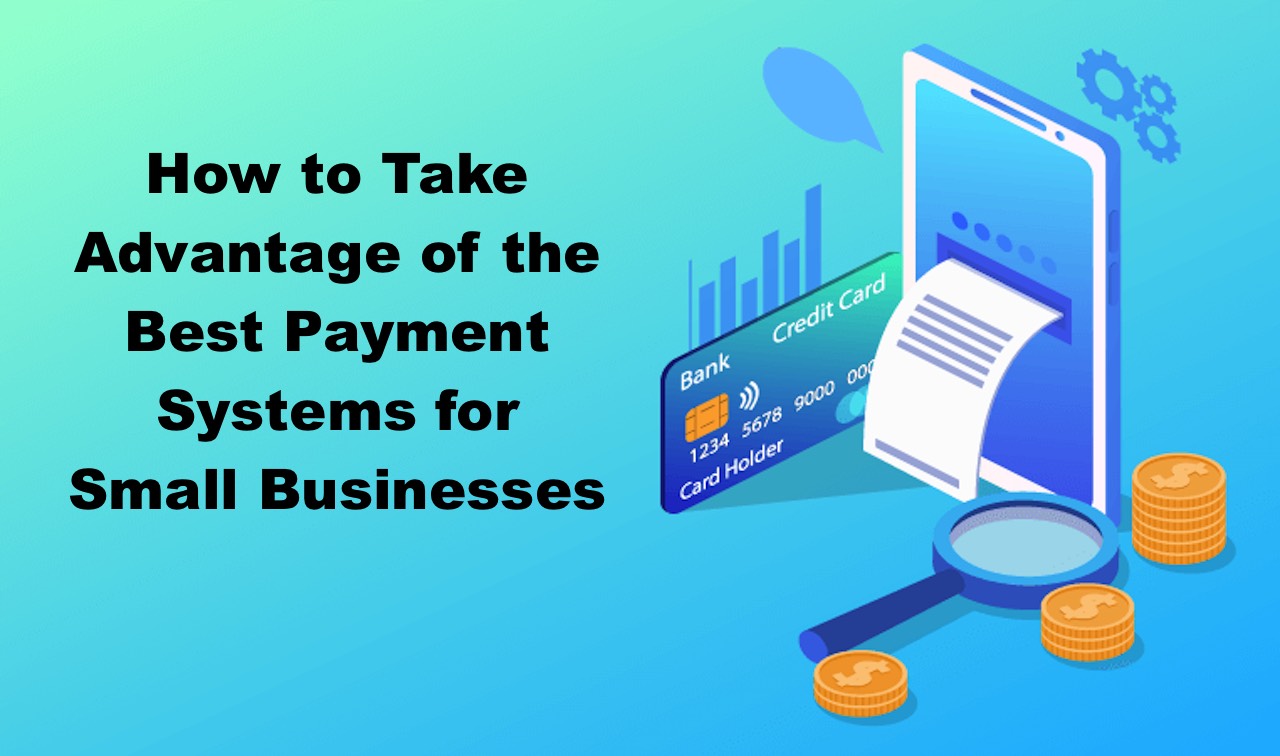Payment and control solutions that may be used online and are simple to use are available to small enterprises. The payment system that allows you the most amount of control over the functioning of your company is the one that is ideal for a small business.
When it comes to how customers may pay you online as a company owner, you should have various options available. There are a variety of online payment systems, and many of them charge processing fees. These costs may increase or decrease based on the number of payments you handle. This is fantastic news for local companies who are set on expanding their customer base and anticipate doing a significant amount of business online.
With technological improvements and mobile payment alternatives, the days of selecting cash or credit at the register are passed. Now, e-commerce sites and service firms may take a variety of payment methods.
In addition, mobile payment alternatives may enhance the consumer experience for a small company. Various online payment options for small businesses enable customers to pay their bills most conveniently.
Advertisement
Content in this Article
Accepting various payment options, such as online payments, may assist small companies in attracting new consumers and receiving money from current customers more quickly.
How Do Systems Of Payment Work?
Customers are sent to the payment gateway when they want to make a payment. The payment gateway will get information about the price, like the credit card number and security code.
After collecting the payment information, it is sent to the payment processor. The payment processor will then check to see if the payment information is correct and give permission for the transaction to go through.
Facts To Concern When Choosing A Payment Method For A Small Business.
There are acceptable payment options for retail businesses, so you should provide as many prospects for commercial success as feasible. When working with a payment processor, the primary objective is to increase profits and customer satisfaction while simultaneously reducing the amount of labor required on the back end of the business.
To accomplish these objectives, owners of small businesses consider factors such as transaction costs, pricing structures, ease of use, features provided, and quality of customer support.
Fees for transactions
Many smaller companies accept credit card payments rather than debit cards and transactions, even though the associated merchant fees for credit card transactions are often greater than those associated with debit cards and transactions. Payment processors are often contacted since using credit cards for transactions is widespread.
If you own a company that takes credit cards, you should pay careful attention to the costs associated with such transactions and other relevant aspects. For instance, many businesses that process credit card payments levy additional fees and charge higher rates for online transactions rather than in person.
Suppose your company processes a significant number of online credit card payments. In that case, you should investigate payment processing for small business options that provide more favorable pricing for these transactions.
Pricing installation
There are a variety of price structures used by various payment processors. The model that offers the most value for money is the one that takes into account the typical volume of transactions, the typical amount exchanged during each transfer, and the various forms of accepted payment.
Pricing credit card payment processing may often be done using one of two methods: interchange-plus pricing or a flat rate pricing model. Flat-rate pricing schemes impose the same percentage fees on retailers and customers regardless of the card used. On the other hand, pricing systems based on interchange plus impose additional fees that vary by card type.
Good service to customers
When you are in the business sector, understand why customer service is important. Payment options should be simple for both you and your clients to utilize. They should also be trustworthy: Your consumers won’t be able to purchase anything from you if your credit card processor malfunctions, which might damage your connections with them and prevent you from generating money.
Numerous payment processors provide service by phone or chat daily, 24 hours a day. This makes asking for assistance or getting aid when you need it simple.
Payment Systems That Are Applicable For Small Businesses
Payment gateways allow companies to handle credit cards and direct payments. Payment gateways handle digital and in-person payments. A gateway links merchant accounts to payment processors so customers may pay using credit cards. The technology sends credit card data from the card issuer to your corporate bank account.
Quickbooks online
You must hear of Quickbooks before, and you might even use it for accounting, but did you know they also have a payment platform?
Quickbooks Payments lets you handle both keyed-in transactions and payments made in person. Using their program, you can also make deposits quickly and have your books kept automatically.
Flex Clover
It is a hand-held POS system with everything you need to accept credit cards. You can accept payments, keep track of sales, and run your business with the device. This method makes it easy to get all payment types.
Conclusion
Payment processing products have a lot in common and help businesses of all sizes solve their problems. But features, prices, setup, and installation for small businesses differ from those for
more prominent firms. That’s why we help buyers find suitable Small Business Payment Processing for their needs.
Compare product ratings based on reviews from enterprise users or talk to buying advisors to find the right solutions in the Small Business Payment Processing category.

